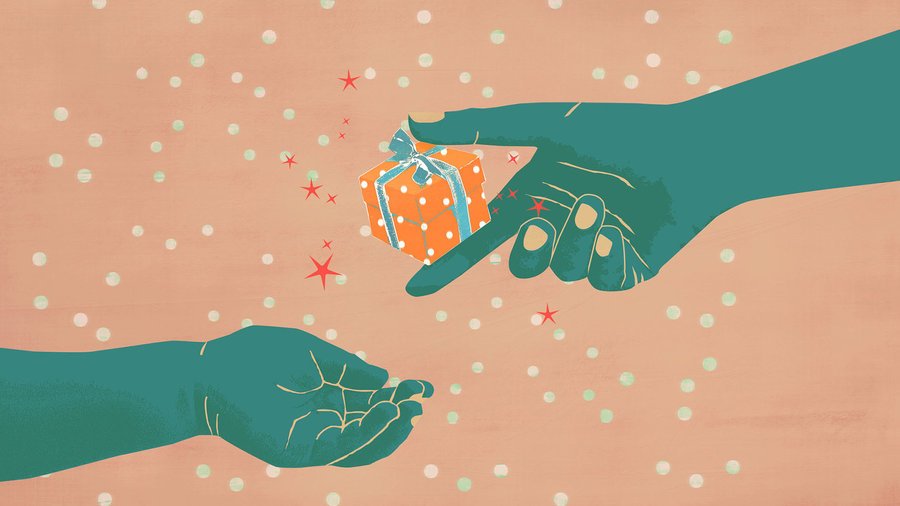Weird question to start with, I admit…
Still how many of you knew that you can be someone special, doing something after you die? And who on earth is a ‘cadaver donor’? Well, here’s to those of you who don’t have a clue!
When a person allows an organ of his/hers, to be removed legally; either by consent while he/she is alive or after death with the assent of the next of kin, he/she becomes a “Donor”. Organ donation takes healthy organs and tissues from one person for transplantation into another. This much, we all know. It is said that organs from a single donor can save 8 lives and help as many as 50 people.
A “Cadaver donor” or “Cadaveric donor” is a deceased donor whose cause of death is brain death. They play an important role when it comes to saving lives because donation of the organ in question is better and more effective within 24hrs of death, which can be vital for the survival of someone else on the brink of death.
Although many controversies remain in the society, with the current advancement of the field of medicine, brain death can be confirmed. Therefore cadaver donations are legally approved.
Sri Lankan history of Organ Donation runs back to year of 1986, when the first successful kidney transplant was done. Currently about 90% of the donors in Sri Lanka are living donors. But in developed countries majority of the donors are cadaver donors (about 70%) and the rest are living donors.
By the contribution of living donors only 20% of the patients could be cured and saved. Cadaveric donations can raise this to 80%. Hence, the current status of organ donation in Sri Lanka could definitely use a change.
When inquiring as to why cadaveric donations are rare in Sri Lanka, following are some reasons found out.
Most people in our country are not aware of cadaver donations and their importance. Hundreds of people die every year while waiting for an organ transplant. For an example, if a patient has a weak heart which must be replaced to make him live, despite heart transplants being possible, it cannot be done when there are no cadaver donors.
Another reason is, when brain death occurs doctors are reluctant to confirm it owing to social and religious issues they fear it would create. On the other hand, family members/ relatives of the deceased, driven by emotions rather than logical thinking, refuse to admit it. Specialists can confirm brain death. If people act wisely without being misled by false mythical beliefs, 8 more patients for whom it is not ‘too late’ can be saved, at the expense of one life that has already crossed the line.
Through this article, my aim is to tackle with the “lack of awareness” issue. As I realized, even if one fails to do much during his/her lifetime, signing up to become a cadaver donor would pave the way to lighten up many lives. It will be done by one simple decision, not costing you anything, for all that is of any importance will already be gone when the situation arises. You will be remembered for the life you gave, if not for the life you lived.
So, do you want to be anyone significant after you die? The decision is yours!
This article is based on a discussion conducted with Dr. P.K.Harischandra, Consultant Transplant Surgeon of the Teaching Hospital, Kandy. Special thanks to him for enlightening me on the subject!
References:- http://blogs.fortishealthcare.com/cadaveric-organ-transplant-lease-life/
Image credits:- http://www.google.lk


